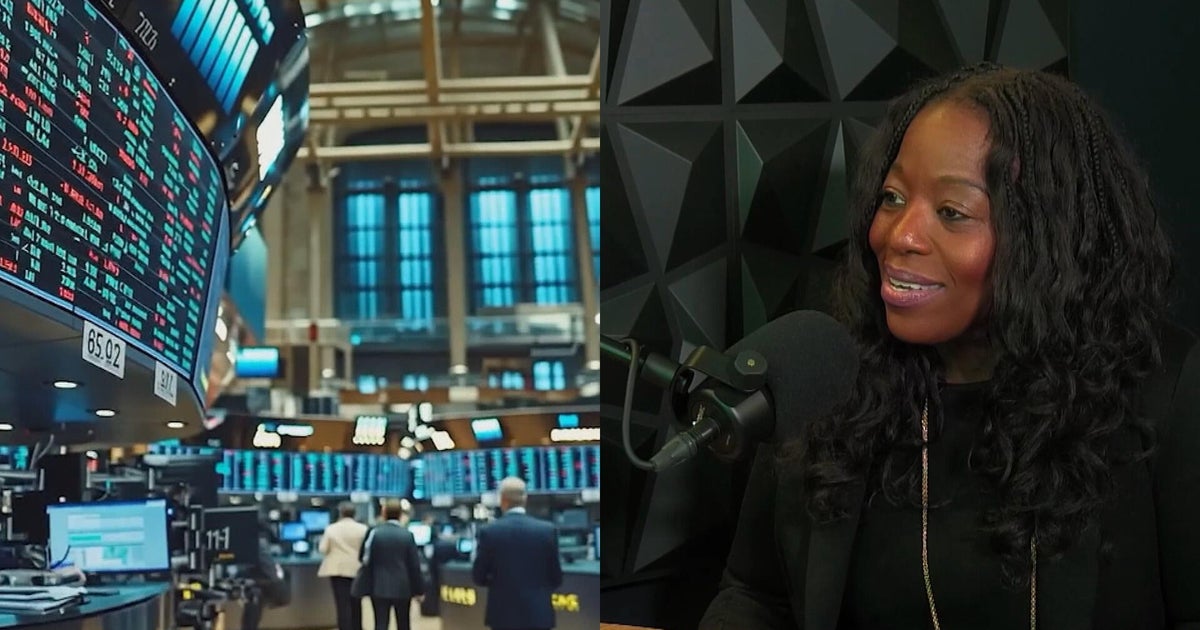Saving vs. investing: Here's what experts recommend you do
Economic uncertainty has left many Americans confused about how to manage their finances.
On one hand, the overall job market and stock market have been growing so far in 2023. On the other hand, issues like high inflation and interest rates are causing some to tighten their belts, and recession risks remain.
So, it's not necessarily clear whether people should be saving more for a potential downturn, or whether people should be investing more in case the stock market and other asset prices rise further.
While the answers can depend on your circumstances, there are some rules of thumb to consider when it comes to saving versus investing. Following these savings tips and investment tips can help you decide what the best path forward looks like, even if the broader economic outlook remains murky.
Start by exploring your investment options to determine how much you should be investing now.
When should you focus on saving?
Saving money might not sound as exciting as investing, but it's important to have a base level of security.
In particular, consider building up an emergency fund of roughly 3-6 months' worth of living expenses, if not more. That way, if you lose your job or have unexpected expenses, you can navigate that challenge without going into debt.
"A good rule of thumb for this reserve is to allocate one month of your average expenses in a savings or checking account and two to five months in a money market account," says Kris Maksimovich, an Accredited Investment Fiduciary and president at Global Wealth Advisors.
That way, you can take advantage of higher yields while keeping your savings liquid. Yet building up this cushion can take time. You don't have to immediately cut all of your spending to get there, but you should likely be saving money consistently.
"Saving 20% of net income is a reasonable target" for savings overall, says Autumn K. Campbell, senior lead planner and certified financial planner (CFP) at Facet. In addition to saving for your emergency fund, you might focus on debt payments, if applicable, before investing. While managing debt might not feel like you're saving money, bringing down your balance can eventually free up cash that's being sucked up by interest payments.
"If there is high-interest debt—say, 8% or above—consider aggressively paying that down with at least a portion of your savings," says Campbell.
That said, some debt might be worth paying off slowly over time. If you have a low mortgage rate, for example, you might get a higher return by making the minimum payment and saving any extra money in a high-yield savings account or investing in other assets for potentially higher returns.
When should you focus on investing?
Once you have a good handle on savings areas like building your emergency fund and managing debt, you might turn to investing.
"If your financial foundation is stable, investing can be a great way to put money to work while you continue to save toward future goals," says Campbell.
However, investing is not one-size-fits-all. You might split your investments into different areas, depending on what you're working toward.
"What kind of investment account you should use depends on your goals and timeline, such as a retirement account or retirement supplement for long-term goals, health savings accounts for current and future health expenses, or a higher education fund, which can be funded in a 529 account," says Campbell.
Within these accounts, your assets might differ to some degree.
"The specific investment options can vary depending on factors such as your time horizon, risk tolerance, and investment knowledge, but diversified portfolios including stocks, bonds, and real estate can be considered for long-term growth and wealth preservation," says Holley Cary, a CFP and VP, senior financial planner at First Horizon Advisors.
Learn more about your investing options here now.
When should you simultaneously save and invest?
In many cases, focusing on both savings and investing makes sense, especially once you feel like you have a good financial cushion in place.
For example, you might save for short-term goals like planning a vacation this year, while also investing money for long-term goals like retirement.
"It's important to strike a balance," says Cary. "Remember, saving provides foundational stability while investing offers the potential for long-term growth at higher returns, so finding the right mix that aligns with your priorities is key."
Even if you're in the early stages of saving, it's possible that focusing on both saving and investing maximizes your benefits.
"Under certain circumstances, it may make sense to direct a small portion of your money to investments while the cash reserve goal has not yet been met. An example of this is if you would otherwise miss out on employer matching on a 401(k) or employee stock purchase plan," says Maksimovich.
When should you only focus on one?
While many individuals are able to both save and invest, sometimes focusing on just savings makes more sense.
"To take the more conservative approach, don't invest until you have reached your savings account goal. Having enough in an account to provide for your emergency fund will provide peace of mind and the confidence to invest," says J.R. George, administrative VP at Trustco Bank.
In other words, if you don't have a good savings foundation, it might make sense to just focus on that area first. But if you do have a good baseline, then it might make sense to concentrate more on investing.
"Once you have a solid safety net, focus on investing to grow your wealth over the long term, taking into account your financial goals and risk tolerance," says Cary.
Find the right approach
Saving and investing can both be important parts of your overall financial success. While you might focus on one area initially, such as to build up a safety net of savings, in many cases individuals can get to a place where both become priorities.
The two areas can also overlap, such as how putting money into certificates of deposit (CD) accounts can be a form of saving that earns a higher investment return than most savings accounts.
Ultimately, rather than looking at saving versus investing as complete opposites, it's important to look at these two activities holistically and find the right balance to support your financial goals.
Explore your savings options here now and start growing your money.




